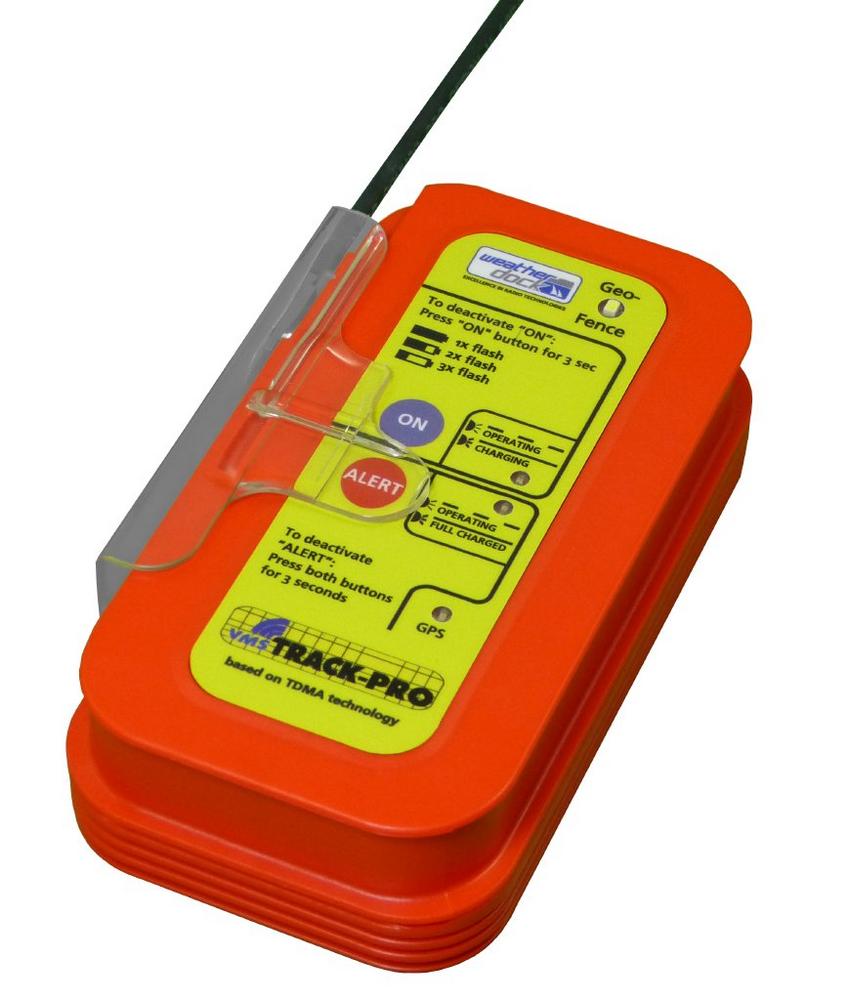- Where have these vessels been?
- What has been done at this location?
- How long did it take?
A big guess is still left in nowadays local area tracking systems.
24/7 – the big figure
Persistent tracking “24/7” becomes more and more important to know where the vessels are located in the near and far vicinity. “Geo Fencing”, “Coastal Surveillance” and “Maritime Domain Awareness” as well as “IUU – illegal, unreported & unregulated fishing” are big topics of today.
The state of the art technology which is used to control, monitor and overcome the existing problems of IUU is a technology which is used at commercial vessels for traffic monitoring since 2000, which is a technology called “AIS”. “AIS” stands for “Automatic Identification System” for vessels. VHF based AIS transponders, mounted on vessels, automatically transmit the position and velocity of the ship at regular intervals via standardized VHF frequencies into the AIS system. These data are originate from an integral GPS receiver. Other information, such as the vessel name and VHF call sign, is entered when installing the equipment. The signals are received by AIS transponders fitted on other ships or on land based monitoring systems. In order to ensure that the VHF transmissions of different AIS transponders do not occur at the same time they are time multiplexed. This “AIS” technology is also ideal to be used for monitoring small fishing vessels. A small simple transmitter, like the size of a smartphone, but slightly thicker transmits the actual position of the small fishing vessel (like AIS, but on customized VHF frequencies). The small transmitter called vmsTRACK-PRO is battery driven and can last up to 5 days before recharge. Alternatively it can also be connected to the battery of the vessel or to the generator of the vessel.
With that device, the local authorities as the Boarder Guard, the Coast Guard or the Ministry of Fishing can monitor the activities of the fisherman in the economic zones of the coastal states. In addition, this system is also used an intelligent tracking system that fulfills all requirements for naval border security. Tracking and identifying objects are big needs for authorities and to know “friend or foe” will minimize terror risks.
A combination – take the best out of two
What can be done if fishing vessel is out of AIS-VHF range?
Weatherdock AG is combining latest technology – AIS tracking and satellite tracking for transmitting single position reports to the base station. It does not matter if the vessel is still within range or not. In event the vessel has left the receiving range of the base station, the German Locator Beacon switches automatically from terrestrial to satellite transmission. Immediately position reports will be received by a huge and still growing network of AIS capable satellites who will forward the data to the base station.
There are several systems available for satellite based object tracking on the market. Some are using “LEO” (lower earth orbit) satellites, others geostationary satellites for receiving and forwarding AIS data all the vessels are transmitting on their way.
Weatherdock can offer AIS with any satellite system within the vmsTRACK-PRO unit.
As an example – Malaysia has got such a system already in use with products from Germany, from the company Weatherdock. Malaysia did decide for these devices due to reliability, high end technology and certification expertise these devices do have.
Weatherdock is the world market leader in small vessel tracking devices. For further information please contact the company Weatherdock under www.easyAIS.com
Weatherdock AG
Emmericher Strasse 17
90411 Nürnberg
Telefon: +49 (911) 376638-30
Telefax: +49 (911) 376638-40
http://www.easyais.de
Leitung
Telefon: +49 (911) 376638-32
E-Mail: mknipp@weatherdock.de
CEO
Telefon: +49 (911) 376638-30
E-Mail: akotouczek@weatherdock.de
